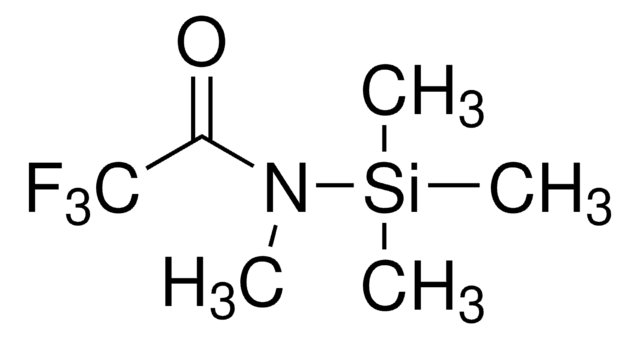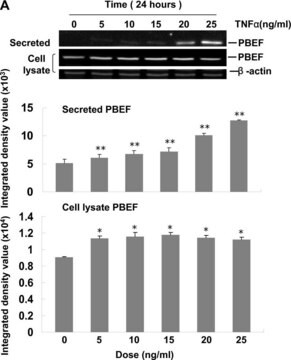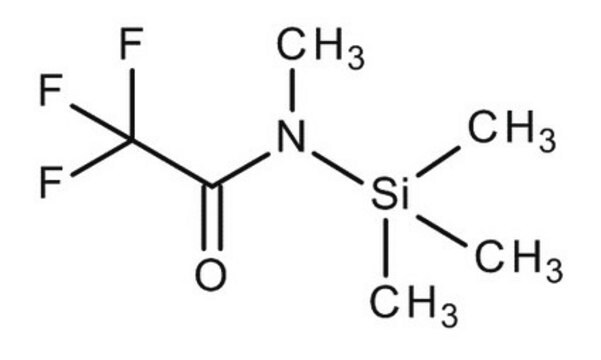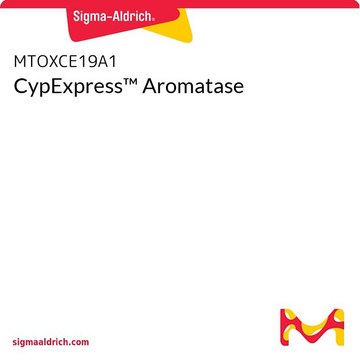D0942
Anti-DHFR, C-terminal antibody produced in rabbit
1.0-1.5 mg/mL, affinity isolated antibody, buffered aqueous solution
Synonym(s):
Anti-Dihydrofolate reductase
About This Item
Recommended Products
biological source
rabbit
Quality Level
conjugate
unconjugated
antibody form
affinity isolated antibody
antibody product type
primary antibodies
clone
polyclonal
form
buffered aqueous solution
species reactivity
mouse, human, rat
concentration
1.0-1.5 mg/mL
technique(s)
immunoprecipitation (IP): 0.5-1.0 μg using 100-200 ng of purified DHFR
western blot (chemiluminescent): 0.5-1.0 μg/mL using 50-100 ng of purified recombinant DHFR, or 293T human embryonic kidney cell extract, or Jurkat human acute T Cell leukemia cell extract
UniProt accession no.
shipped in
dry ice
storage temp.
−20°C
target post-translational modification
unmodified
Gene Information
human ... DHFR(1719)
mouse ... Dhfr(13361)
rat ... Dhfr(24312)
Specificity
Immunogen
Physical form
Not finding the right product?
Try our Product Selector Tool.
Storage Class
10 - Combustible liquids
wgk_germany
WGK 2
flash_point_f
Not applicable
flash_point_c
Not applicable
ppe
Eyeshields, Gloves, multi-purpose combination respirator cartridge (US)
Certificates of Analysis (COA)
Search for Certificates of Analysis (COA) by entering the products Lot/Batch Number. Lot and Batch Numbers can be found on a product’s label following the words ‘Lot’ or ‘Batch’.
Already Own This Product?
Find documentation for the products that you have recently purchased in the Document Library.
Our team of scientists has experience in all areas of research including Life Science, Material Science, Chemical Synthesis, Chromatography, Analytical and many others.
Contact Technical Service





